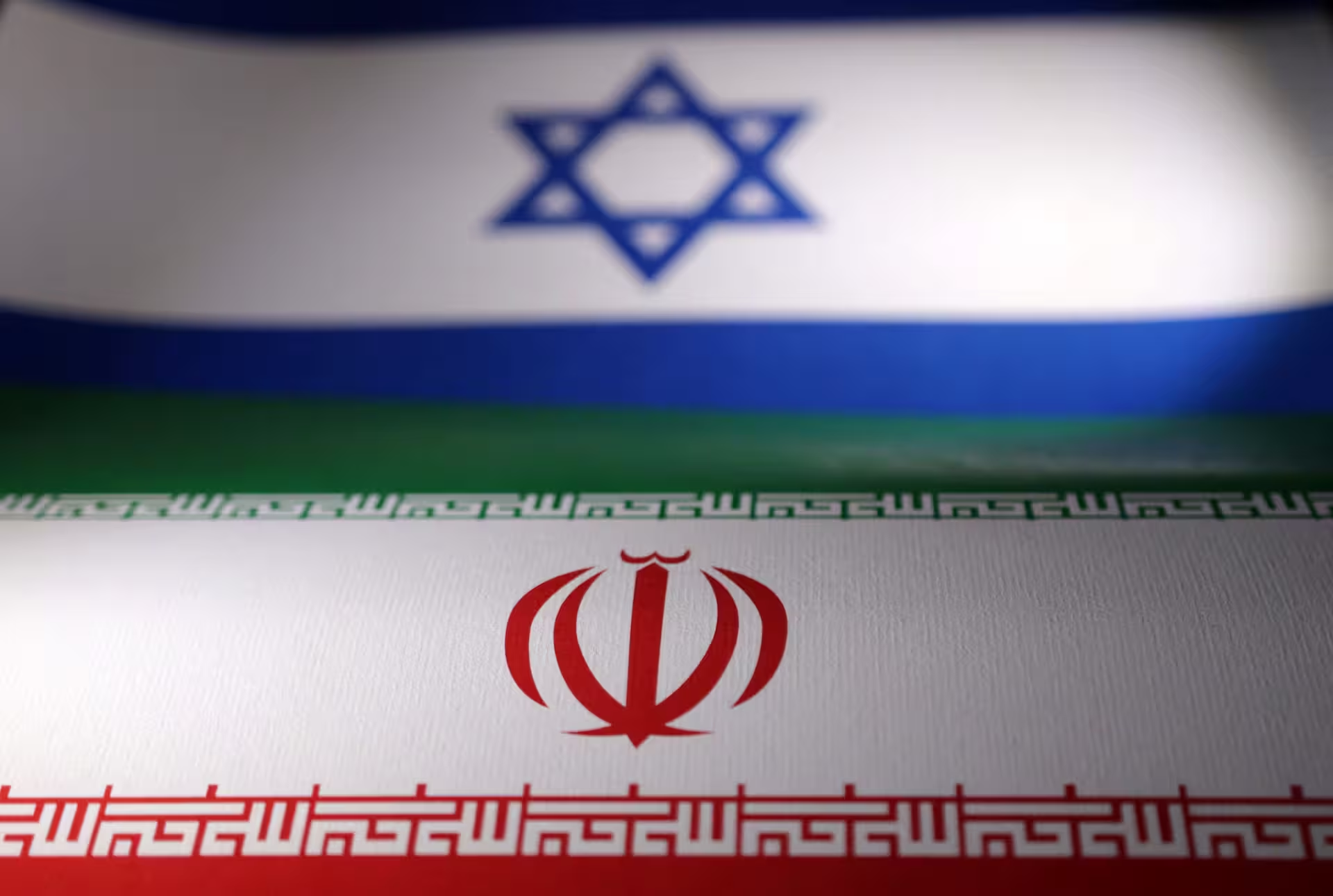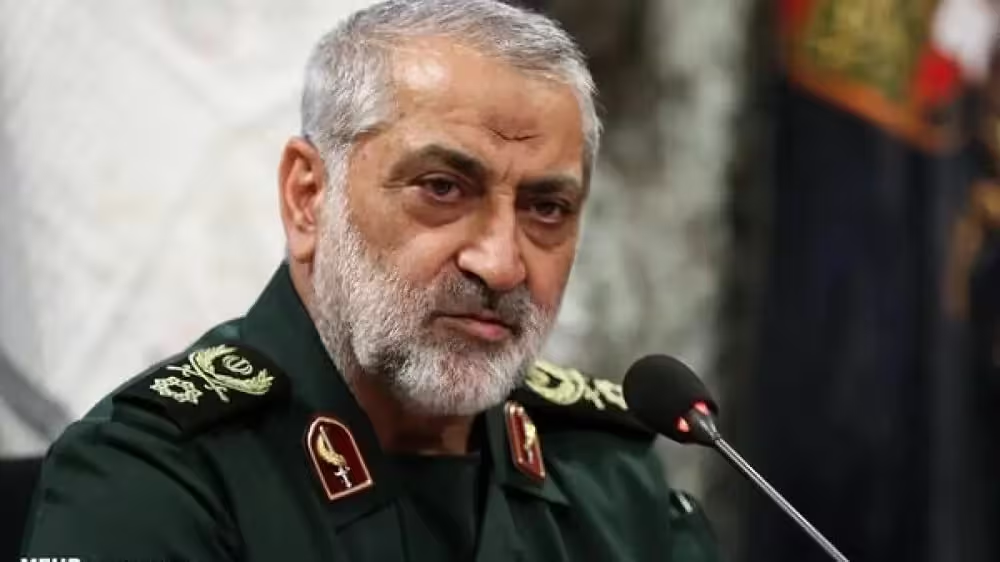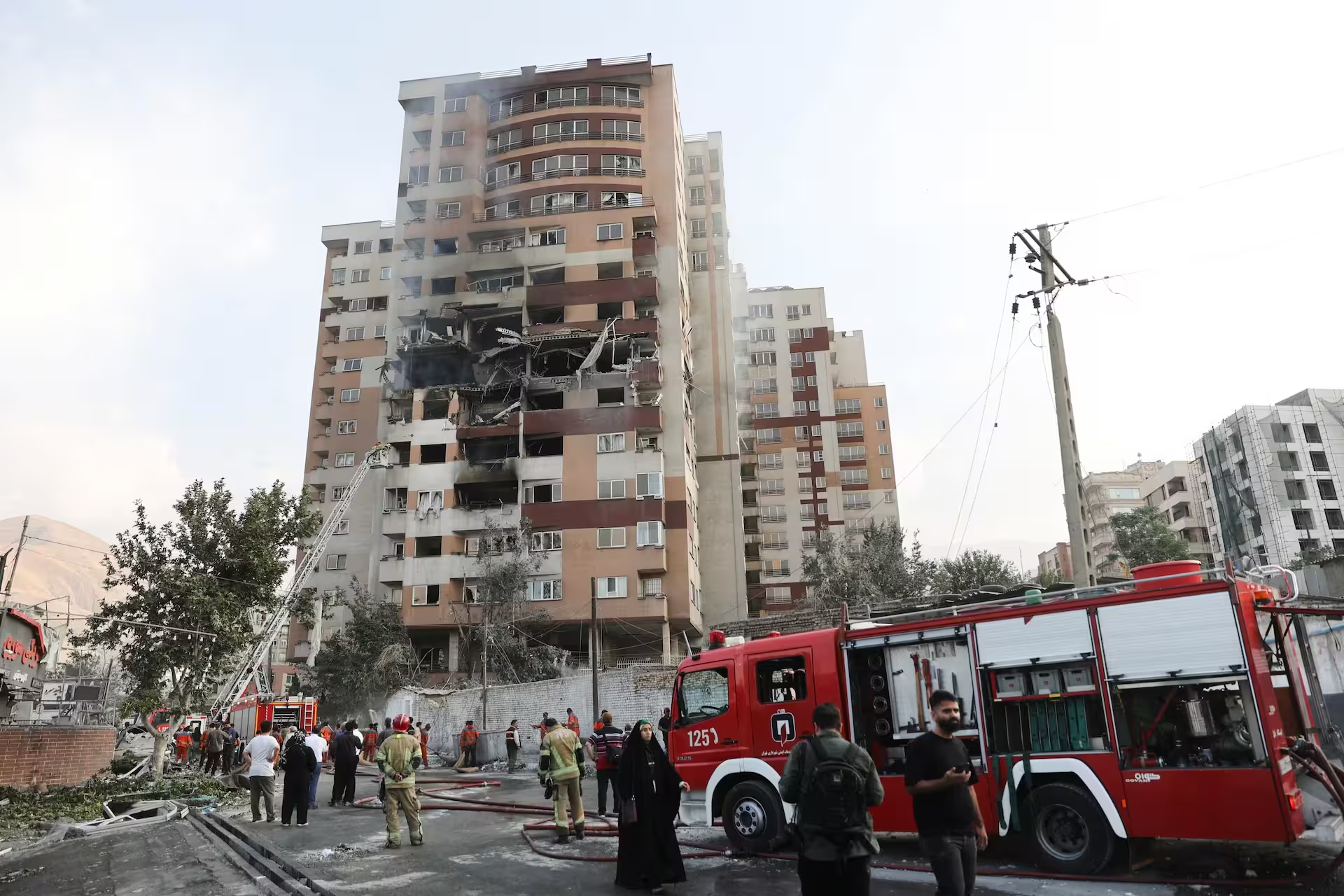The Embassy of Uzbekistan in Israel issued an urgent warning to Uzbek citizens residing in the country on June 13, advising them to take immediate precautions in response to expected rocket attacks, following an escalation in regional hostilities.

The embassy strongly recommended that all citizens in Israel remain alert and adhere to the following safety measures:
- Seek immediate shelter in designated bomb shelters during rocket attacks;
- Monitor and follow official updates from the Israeli government and the Uzbek Embassy;
- Comply with guidance from the Israeli Home Front Command;
- Always carry identification documents and the embassy’s emergency contact information.
Emergency contact details for Uzbek citizens in Israel:
- Landlines: +972 3-672-2466, +972 3-672-2371, +972 3-758-5075, +972 3-758-5076
- Mobile for emergency messages: +972 54-485-1397
- Email: il.uzembassy@mfa.uz
The advisory was issued shortly after Israel launched a large-scale military operation against Iran in the early hours of June 13. According to Israeli officials, the operation—Operation Rising Lion—targeted Iran’s nuclear facilities, ballistic missile production sites, and key military leadership in what has been described as the start of a prolonged campaign to neutralize Tehran’s nuclear threat.
Explosions were reported at multiple sites across Iran, including the major uranium enrichment facility at Natanz. Iranian media confirmed that Hossein Salami, commander of the Islamic Revolutionary Guard Corps (IRGC), was killed in the strikes. State outlets also reported that the IRGC headquarters in Tehran had been hit and several children were among the dead following an attack on a residential area in the capital.
Prime Minister Benjamin Netanyahu called the military action a “decisive moment” in Israel’s history.
“Moments ago, Israel launched Operation Rising Lion, a targeted military operation to roll back the Iranian threat to Israel’s very survival. This operation will continue for as many days as it takes to remove this threat,” he said.

Iran Vows Retaliation as Tensions Soar
In response, Iran’s Supreme Leader Ayatollah Ali Khamenei accused Israel of committing “a wicked and bloody crime” and vowed retaliation.
“The enemies should expect a firm response from the armed forces,” added Armed Forces General Abolfazl Shekarchi.
Key Iranian nuclear sites:
- Natanz – Iran’s main uranium enrichment plant, partially underground
- Fordow – An enrichment site dug into a mountain
- Isfahan – Facilities involved in centrifuge production and uranium preparation
- Khondab – An unfinished research reactor
- Bushehr – Iran’s only active nuclear power plant

An Israeli military spokesperson said the operation struck “dozens” of targets, including nuclear sites and missile production facilities, claiming Iran was close to producing multiple nuclear warheads. According to the official, intelligence showed that Tehran had amassed enough fissile material to construct up to 15 nuclear bombs within days.
Iranian state media reported that nuclear scientists Fereydoun Abbasi and Mohammad Mehdi Tehranchi were killed in Israeli strikes in Tehran.
The Israeli government has declared a state of emergency, closed its airspace, and shut down Tel Aviv's Ben Gurion Airport. Defense Minister Israel Katz stated:
“Following the pre-emptive strike by the State of Israel against Iran, a missile and UAV (drone) attack against the State of Israel and its civilian population is expected in the immediate time frame.”
Chief of Staff Eyal Zamir announced that tens of thousands of troops have been deployed, calling the operation a historic campaign to counter an existential threat.
Global Fallout and Ongoing Diplomatic Channels
In parallel with the air strikes, Israel’s Mossad intelligence agency reportedly led covert sabotage missions within Iran, targeting strategic missile sites and air defense systems.
While Israel emphasized the unilateral nature of its actions, a senior Israeli source told local media that there had been prior coordination with Washington. However, U.S. officials stressed that the United States was not involved in the operation.
“We are not involved in strikes against Iran and our top priority is protecting American forces in the region,” said U.S. Secretary of State Marco Rubio. “Let me be clear: Iran should not target U.S. interests or personnel.”
President Donald Trump announced he would convene a National Security Council meeting on June 13, emphasizing his desire for a peaceful resolution while acknowledging the risk of further conflict. Meanwhile, the U.S. military is preparing for a range of contingencies, including the evacuation of American civilians, according to U.S. officials.

The State Department issued a shelter-in-place order for U.S. personnel and their families in Israel. The attack triggered volatility in global markets—stock prices tumbled in Asian trading, U.S. futures fell, and oil prices surged as investors turned to safe-haven assets like gold and the Swiss franc.
UN Secretary-General António Guterres condemned the escalation.
“The Secretary-General asks both sides to show maximum restraint, avoiding at all costs a descent into deeper conflict, a situation that the region can hardly afford,” said Deputy Spokesperson Farhan Haq.
Despite the hostilities, U.S. and Iranian officials are still scheduled to hold the sixth round of nuclear talks in Oman on Sunday. A U.S. official confirmed that the meeting was expected to proceed.
The Israeli military stated that the operation was triggered by new intelligence indicating Iran was nearing a “point of no return” in developing nuclear weapons.
“In recent months, this program has accelerated significantly,” the statement said, though no specific evidence was provided.
A source familiar with U.S. intelligence said there was no indication that Iran had resumed its nuclear weapons program, which was halted in 2003.
Oman, serving as a mediator in the nuclear negotiations, warned that Israel’s actions “threaten to eliminate diplomatic solutions and undermine the region’s stability,” according to Omani state media.
As regional tensions reach a boiling point, the Embassy of Uzbekistan continues to monitor developments closely and urges citizens to stay safe, remain calm, and follow all official instructions.
Follow Daryo's official Instagram and Twitter pages to keep current on world news.
Comments (0)